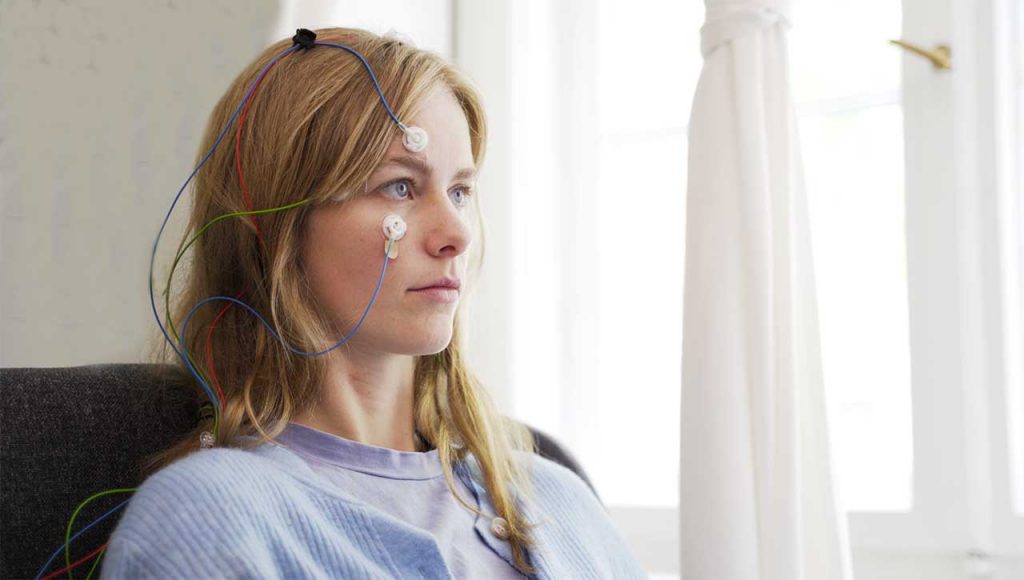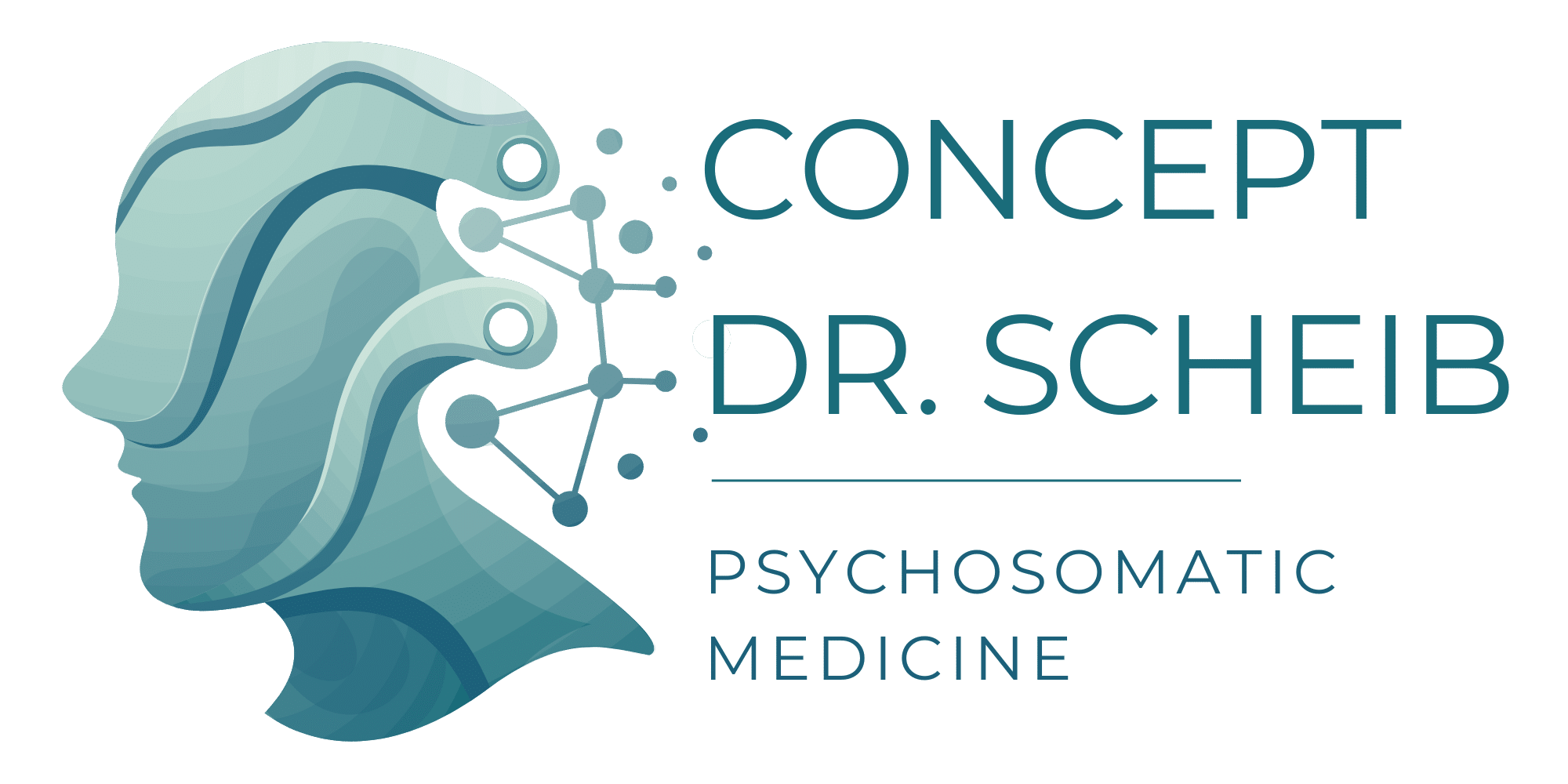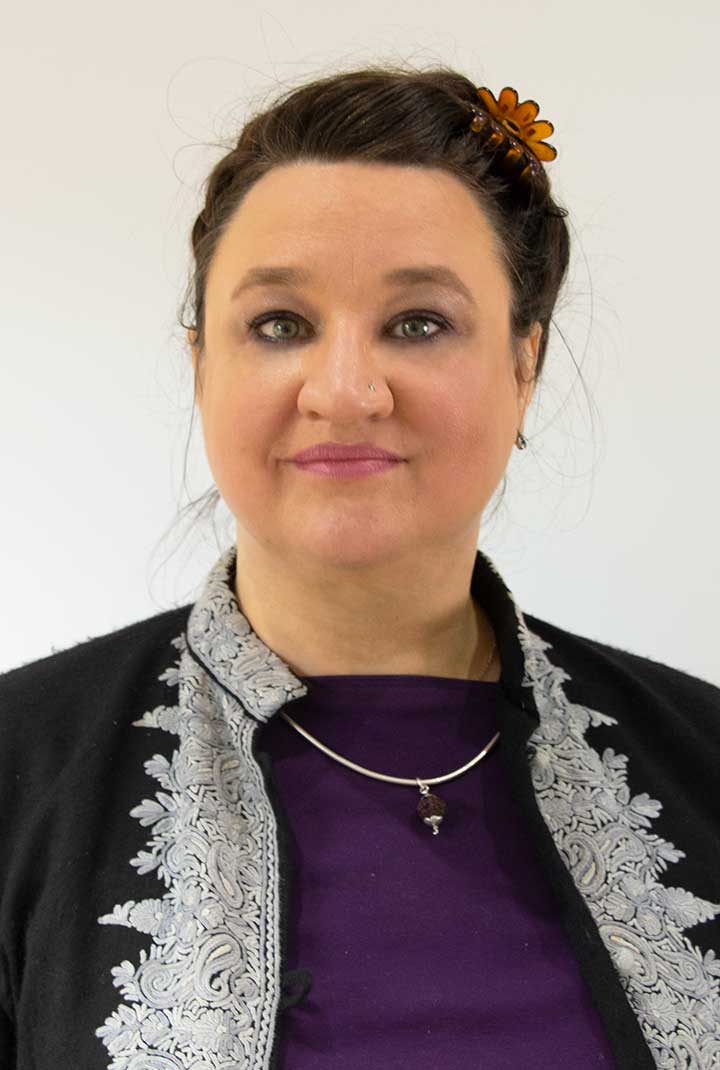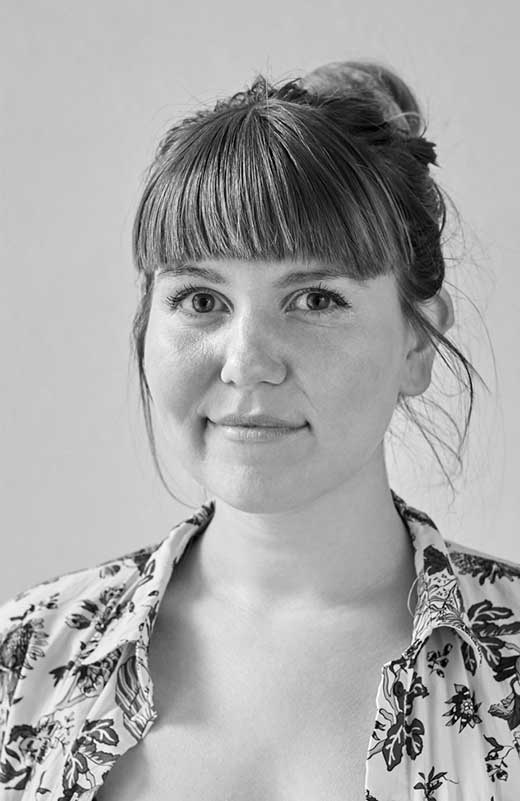Treatments
Ketamine therapy
Ketamine therapy is used in particular where other drugs fail, as it has a completely different mechanism of action. It shows good results in severe depression and even in therapy-resistant depression. And it has a big advantage over all other antidepressants: it works immediately and reduces suicidal thoughts on the same day it is administered.
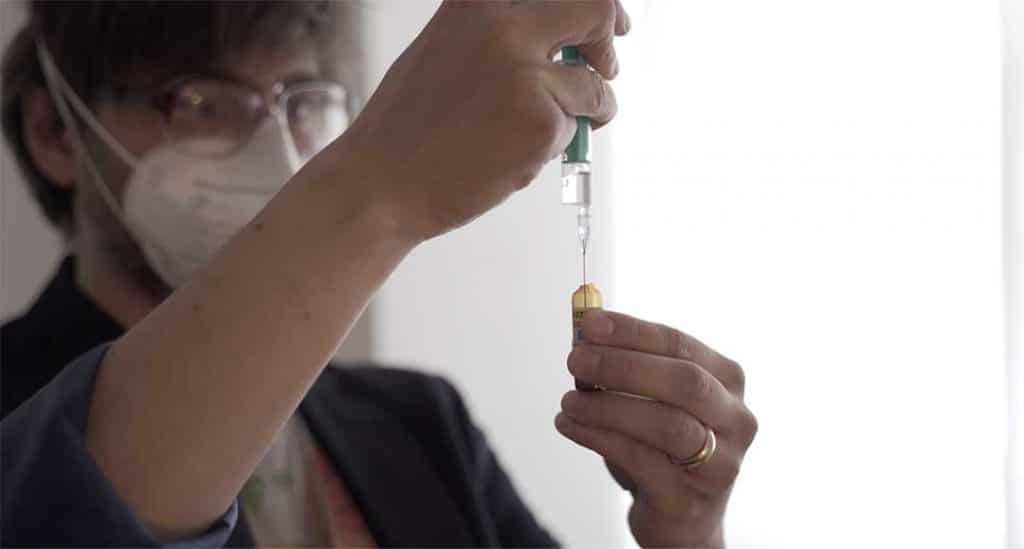
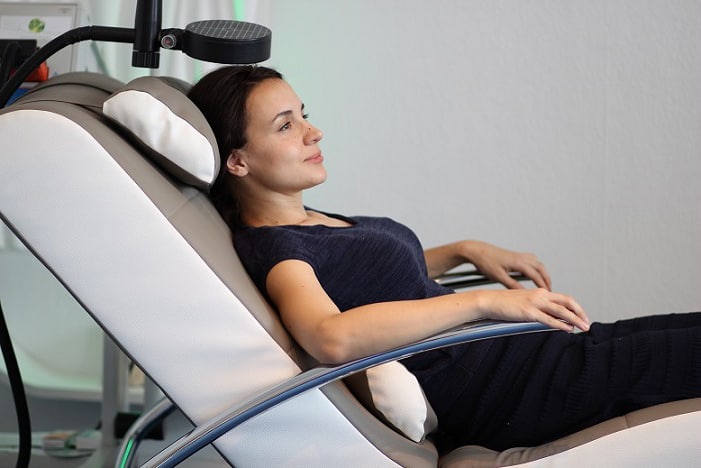
rTMS
rTMS, or repetitive transcranial magnetic stimulation, has proven particularly effective in the treatment of depression and addictions, but also is considered very effective in the treatment of tinnitus, burnout, anxiety and sometimes also in Alzheimer’s dementia. We use rTMS treatment in combination with ketamine therapy, especially in the treatment of depression, which makes the braun more receptive for the stimulation.
Hypnosis
Medical hypnosis is a recognized psychotherapeutic method to help effectively in solving problems, in the healing or alleviation of disorders and acute, chronic, psychosomatic and physical pathologies.

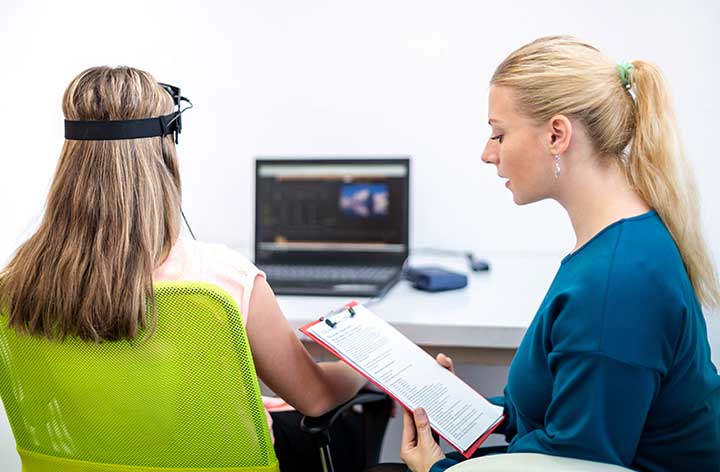
Biofeedback
With biofeedback, physiological parameters such as muscle tension, skin resistance, heart rate or temperature are derived and correlated with graphic animation or acoustic signals using a computer program. The patient can see or hear changes in his or her state of tension and learn to influence them consciously.
Psychotherapy
Psychotherapy is used in the treatment of depression and other pathologies. It is also an important part of our combination therapy with ketamine infusions, hypnosis, rTMS, neurofeedback and HRV biofeedback for treating therapy-resistant depression, obsessive-compulsive disorder, trauma, addiction, anxiety and chronic pain, amongst others.


EMDR trauma-therapy
EMDR trauma therapy (Eye-Movement-Desensitization and Reprocessing) is particularly suitable for treating traumatic experiences, such as post-traumatic stress disorder. After a precise evaluation, an elaboration of the clinical history and a stabilization of the patient, the traumatic memories are released through guided, rapid horizontal eye movements.
Neurofeedback
Neurofeedback trains deviating brain waves and changes them until the patient’s symptoms are reduced. This is based on the fact that certain psychological complaints with deviating brain waves can be recognized in the EEG (brain patterns). Certain pathologies show typical EEG changes, which are then used as the basis for an exercise program.
